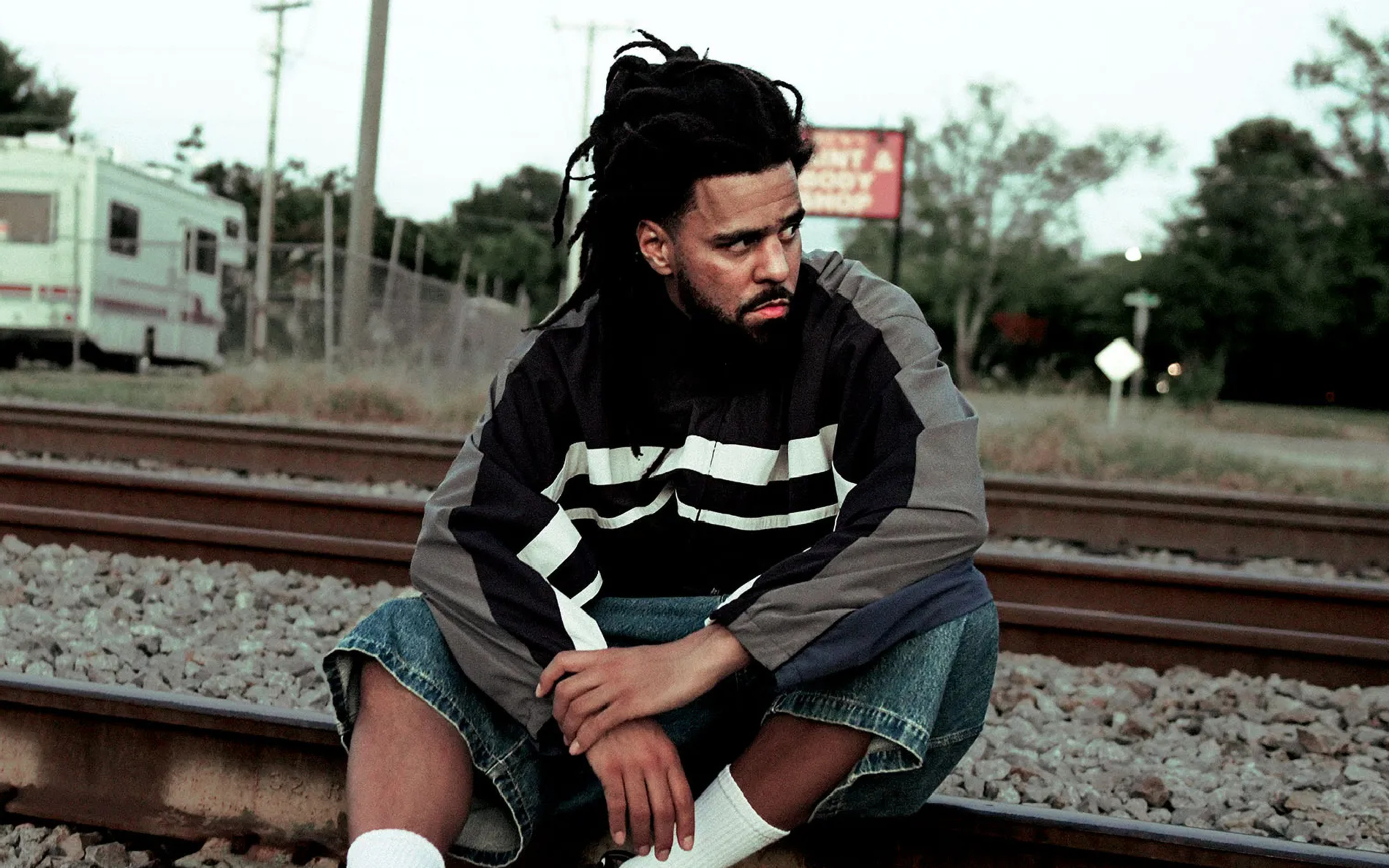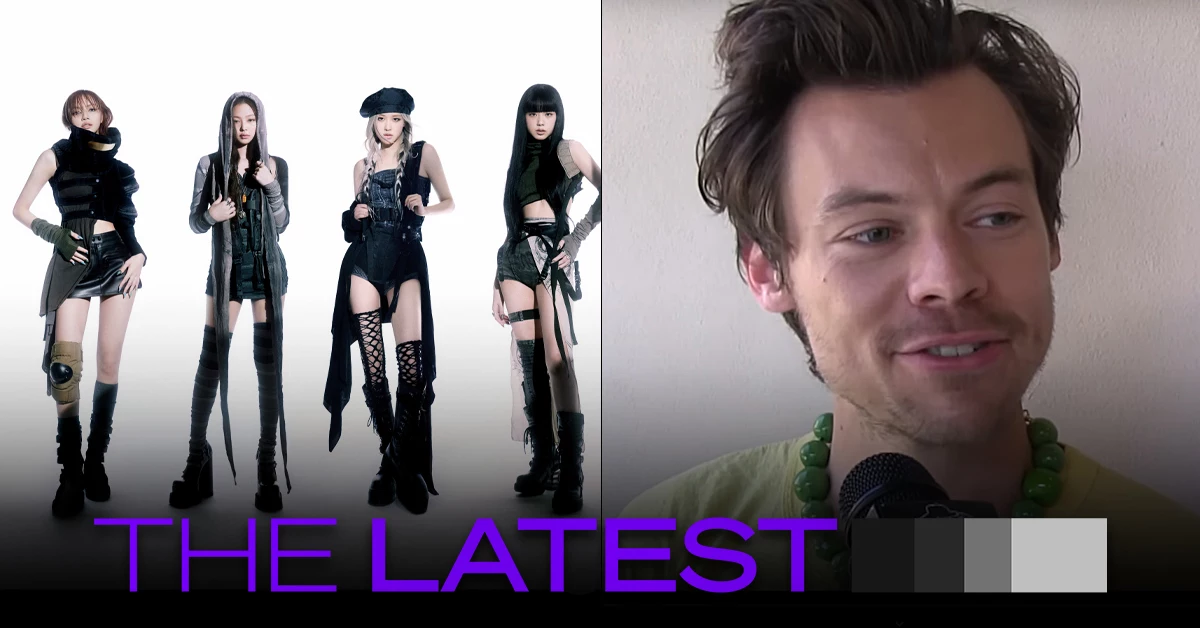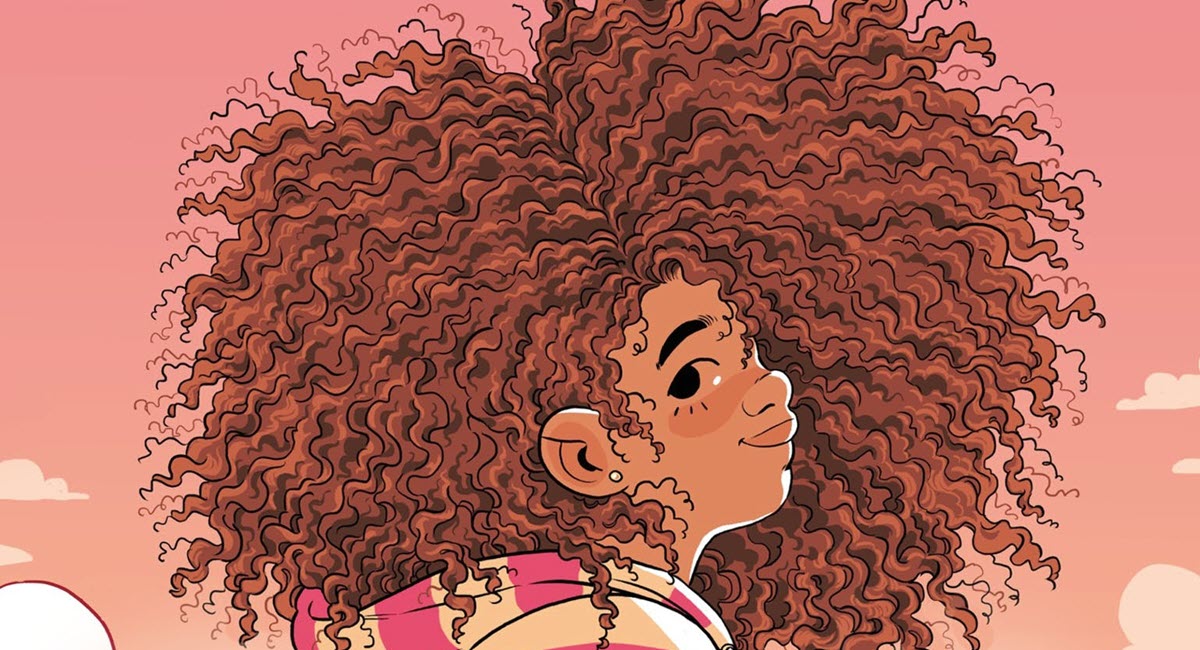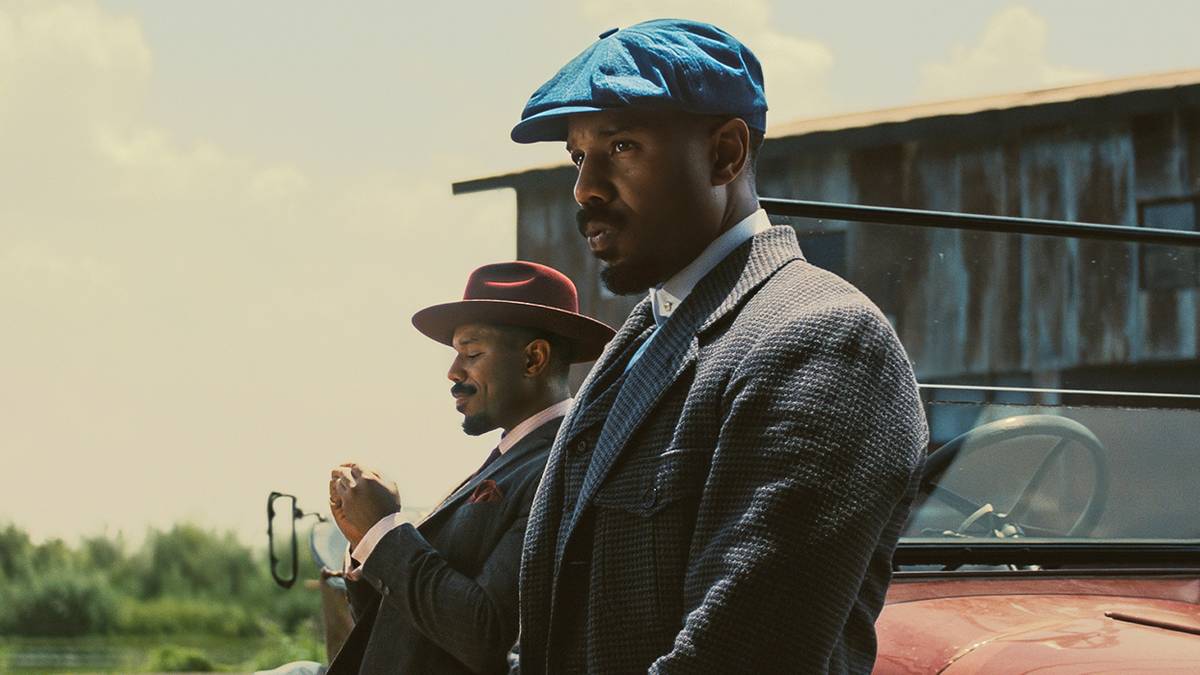After a week in Austin, running on breakfast tacos and sprinting to and from showcases around the city in barely broken-in Dr. Marten’s — I can safely say that Marshall’s Parish takeover was a standout experience. Free to locals and those in Austin for SXSW festivities, the event featured a boisterous and hungry crowd unlike any other venue, who meandered around the full-on carnival Marshall had erected, complete with a funhouse mirror, games, and neon green cotton candy. This event had many layers, though the permeating theme seemed to be community — a core tenet of Marshall’s work that far extends these three days.
Read more: 8 essential queer anthems, picked by Agender
Inside Parish, across three stellar showcases, each opened by Austin’s School of Rock, we saw Dinosaur Jr. draw a line around the block, much talked-about Austin act Die Spitz embrace punk energy in its truest form, and U.K.-based Marshall Records’ acts like rowdy post-punks King Nun, self-described “Queercore Powerhouse” Dream Nails, and Corey Taylor-approved rap-metal artist Kid Bookie blow the crowds’ minds with raucous, unrivaled performances.

Dream Nails by Pooneh Ghana
But the showcases were just the half of it — past the hot dog stand, strongman game, and DJ booth curated by the Queer Vinyl Collective, people screen-printed custom merchandise and artists picked at record bins, eager to enter the gifting suite full of Marshall product, alongside local organizations like the SIMS Foundation, who works to destigmatize and reduce mental health and substance abuse issues for music industry professionals, Women in Vinyl, who offers education and opportunities for women and BIPOC communities around the vinyl industry, and School of Rock, who received the entire backline of Marshall products following the event. Over three days, while the carnival carried on, the SIMS Foundation and WIV spread awareness, engaging with a music-loving audience apt to become allies and supporters.

Completely caught off guard by the incredible work that Women In Vinyl has been doing, unbeknownst to me, I got the chance to chat with the founder (and Black Sabbath collector) Jenn D’Eugenio about how she went from designing children’s clothing to sending young women to Berklee, and pressing the records of her favorite artists.
What’s the story behind Women in Vinyl?
JENN D’EUGENIO: I started working in the vinyl industry at the very start of 2018. I had always loved music, but I was never a musician — so I was like, “What jobs are there for me?” Nobody in high school was like, “Oh, go work in a record label.” But I was also an artist, so I became a designer, designing children’s clothes until I got burned out on drawing bunnies. So I started in vinyl manufacturing, which combined my love for…
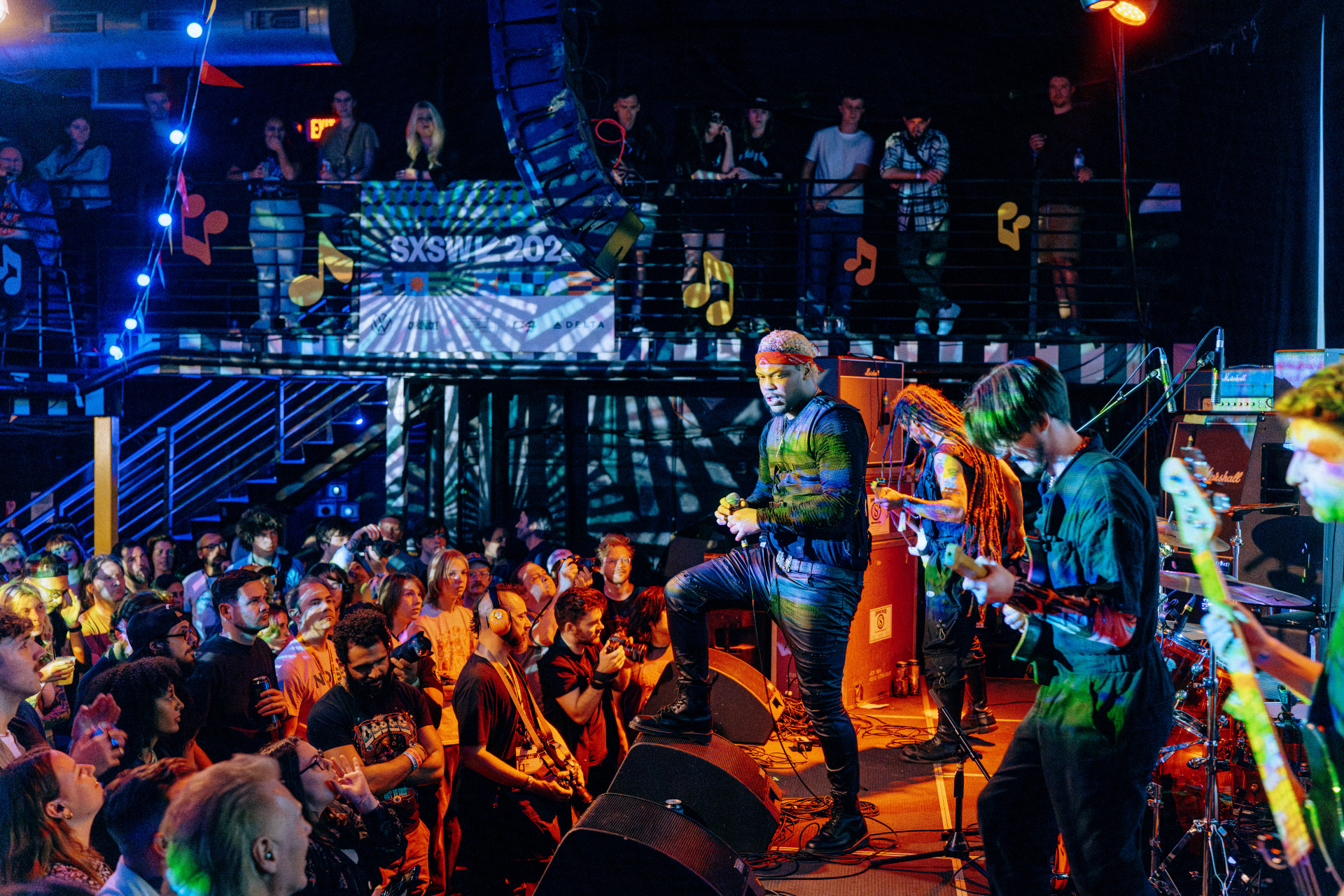

Kid Bookie by Pooneh Ghana
Wait, how did that happen? How did we go from bunnies to vinyl?
D’EUGENIO: I went back and started working as a career adviser at the art college I went to, helping students in the School of Design find jobs. It was the most fulfilling job I’d ever had. It was so great to help them find their spot. But Savannah is a very small place, where I went to school. So we moved to D.C., where I’m from, and where Furnace [Record Pressing] was based. It just made sense to find a way into this industry. After I started working there, I realized, there are so many women in this industry doing awesome things — had I known, maybe I would’ve had a completely different career path. So I wanted to find a way to provide those kinds of opportunities, role models, scholarships, and educational training to young people, especially women, nonbinary, and minority groups, because they so often get left out of those STEM programs. In combining education, design, and my love of vinyl, I was able to start Women in Vinyl in 2018, and in 2020, it officially is a 501(c)(3) nonprofit organization. We’ve developed a board and various resources for the community. Last year, thanks to funding from Marshall, we were able to create a scholarship program at Berklee College of Music. We also sent someone to Minneapolis for Making Vinyl, our industry convention. We had interns at Gold Rush Vinyl as the first-of-its-kind intern program, where you actually are hands-on pressing records — and one of the women that was part of that is actually now a full-time press operator at Gold Rush. So we’re truly seeing that mission come closer.


School of Rock by Ismael Quintanilla III
I have goosebumps. I love that. I really didn’t know there was such a lack of awareness about this.
D’EUGENIO: People love records, but this new generation that’s getting into vinyl has no idea how many jobs and people are involved in getting that record to you. We say our slogan is “educate, demystify, and diversify” because while we may be focusing on these groups as far as jobs and educational opportunities for everybody, we are the women in vinyl who are also educating the community. And we have a podcast where we try to share some of that with everyone.
Do you feel like younger generations are really into vinyl? I feel like it’s getting more popular.
D’EUGENIO: It outsells all other physical media at this point, when people go to shows. And there’s been a lot of focus, too, on the “super fan.” It’s funny because it’s so off-brand for me, but one of the pop artists that I like, she put out two seven-inches, and I was like, “Is she going to bring back a seven-inch? Are the kids going to get into it now?” Honestly, I don’t think vinyl’s going to go anywhere. I’m of the age where my parents had vinyl, and that’s how I discovered it and started collecting it. Now my generation is having kids, so I think it’s going to be the same thing, right? It’ll continue.
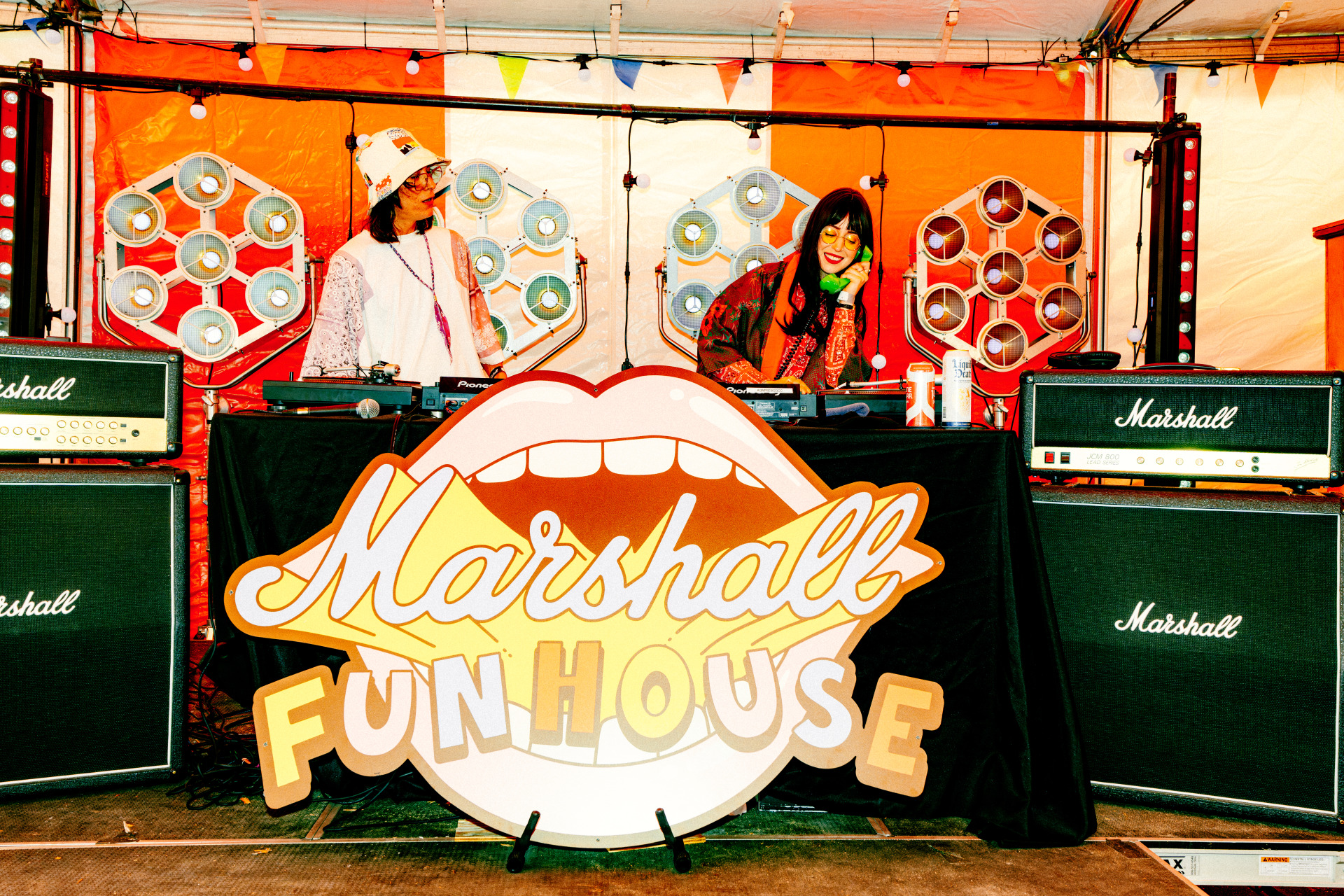

Totally. You can’t consume music in a better way. What was the first record you bought?
D’EUGENIO: I bought Led Zeppelin’s Houses of the Holy. We left school early, and we went to this dilapidated record store in my hometown called Dragon Song. It was literally in this old house with a stoner guy working behind the counter. He had a whole wall of moldy oldies, and he used to tour with bands and all that. From the moment you walked in, it was like Nag Champa and stories. That was the first record I purchased. I inherited some of my parents’ records, and then that was it.
I listen to music addictively. I’ll just listen to the A-side of an album for a week, until I can’t listen to it ever again. What was the first album that hit like that for you, if any?
D’EUGENIO: I’m ridiculously obsessed with Black Sabbath. I have 50 copies of Master of Reality alone. I bought one, and then my husband was working in a record store that got a German Vertigo version, which I realized sounded different. When I started working in record manufacturing, I’m like, “OK, if someone wants to do a repress, you need to authorize changes to art. You need to authorize changes to moving the metal parts around. How did all of these different variants get started and pressed?” And so I started down this rabbit hole now obsessively collecting Master. I love that.
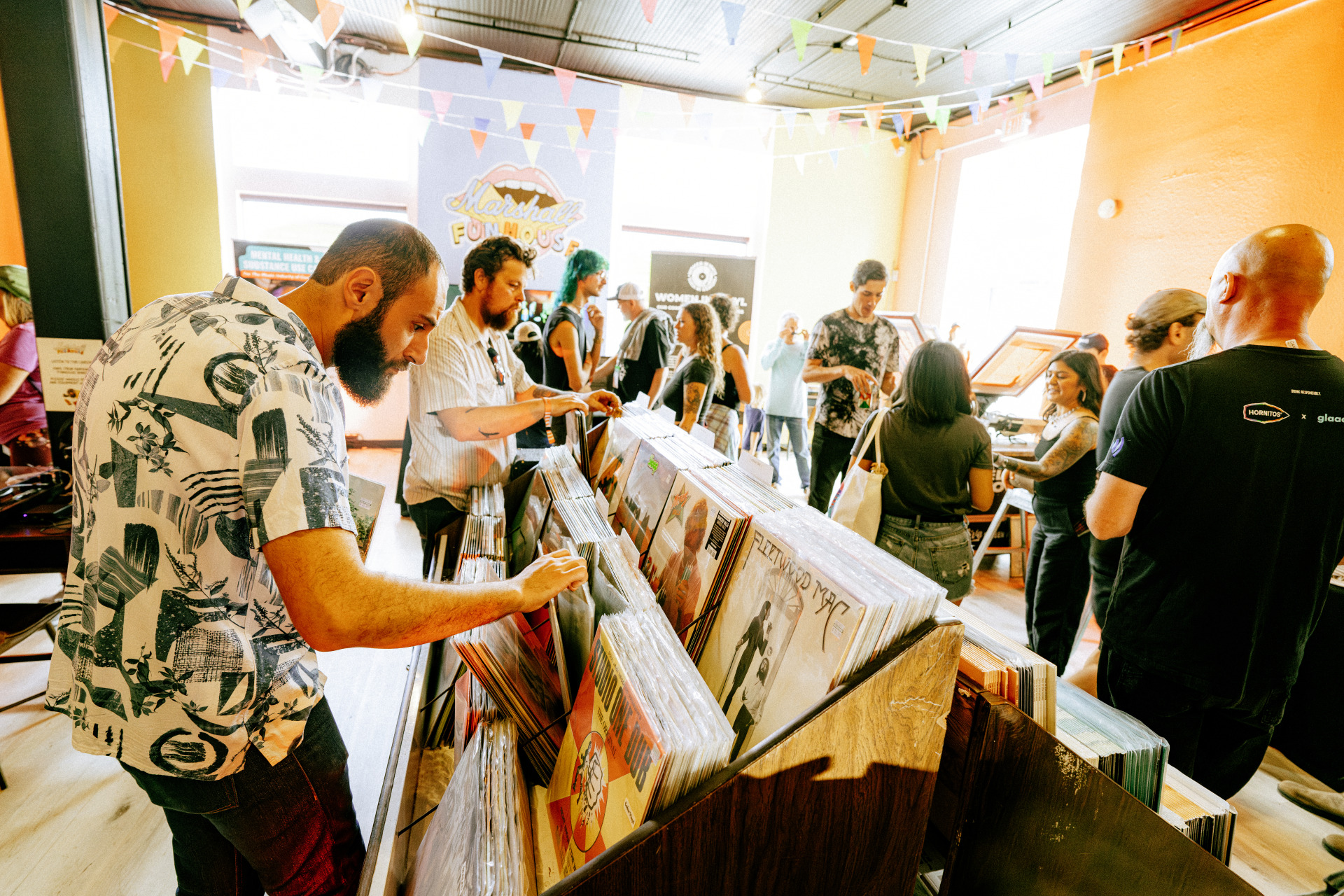

The international pressings! There’s always something hidden in those. How did your relationship with Marshall come about?
D’EUGENIO: It’s funny, actually. So we were sending someone to the Making Vinyl conference a couple years ago, and I got a DM from Zound, (now a part of Marshall), saying they wanted to send “the recipient” to Making Vinyl, and I was like, “What the hell?” I ignored it, and then a few days later I was like, “You know what? I should respond.” I did, and the brand said, “We want to be involved — and after, we want to contribute more and be a part of helping you fulfill your mission.” Honestly, and I don’t say this because this is a Marshall event, but they are the most selfless and truly supportive organization, and I feel so lucky because not only do our brand aesthetics align, but the type of people that are there are really cool. They genuinely want to help. They’re never like, “We’re going to give you this, but you have to do all of these things.” They’ll say, “Does this help your mission?” And that’s amazing.


Dinosaur Jr. by Pooneh Ghana




Snõõper by Ismael Quintanilla III


Jenn D’Eugenio’s new book, Women in Vinyl: The Art of Making Vinyl, goes up for preorder on March 26.




